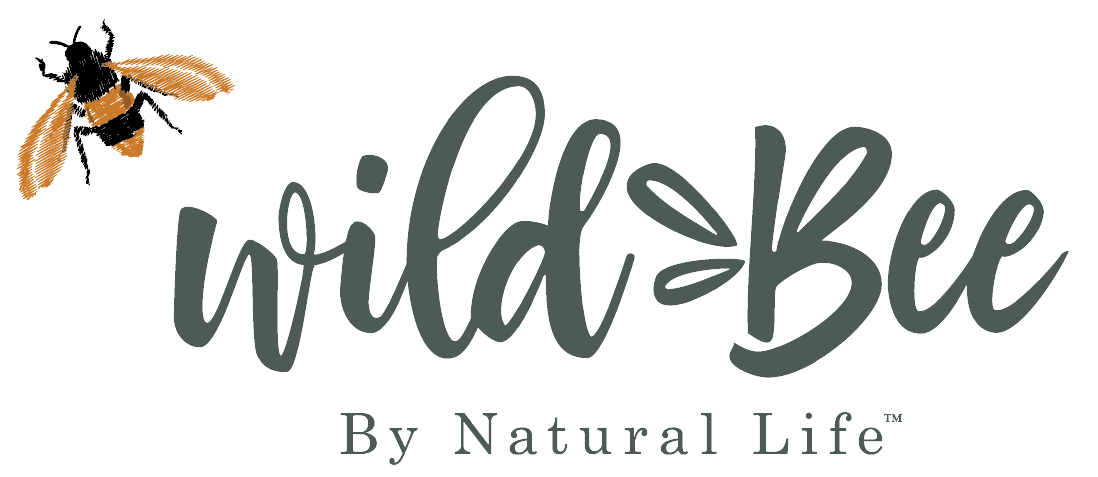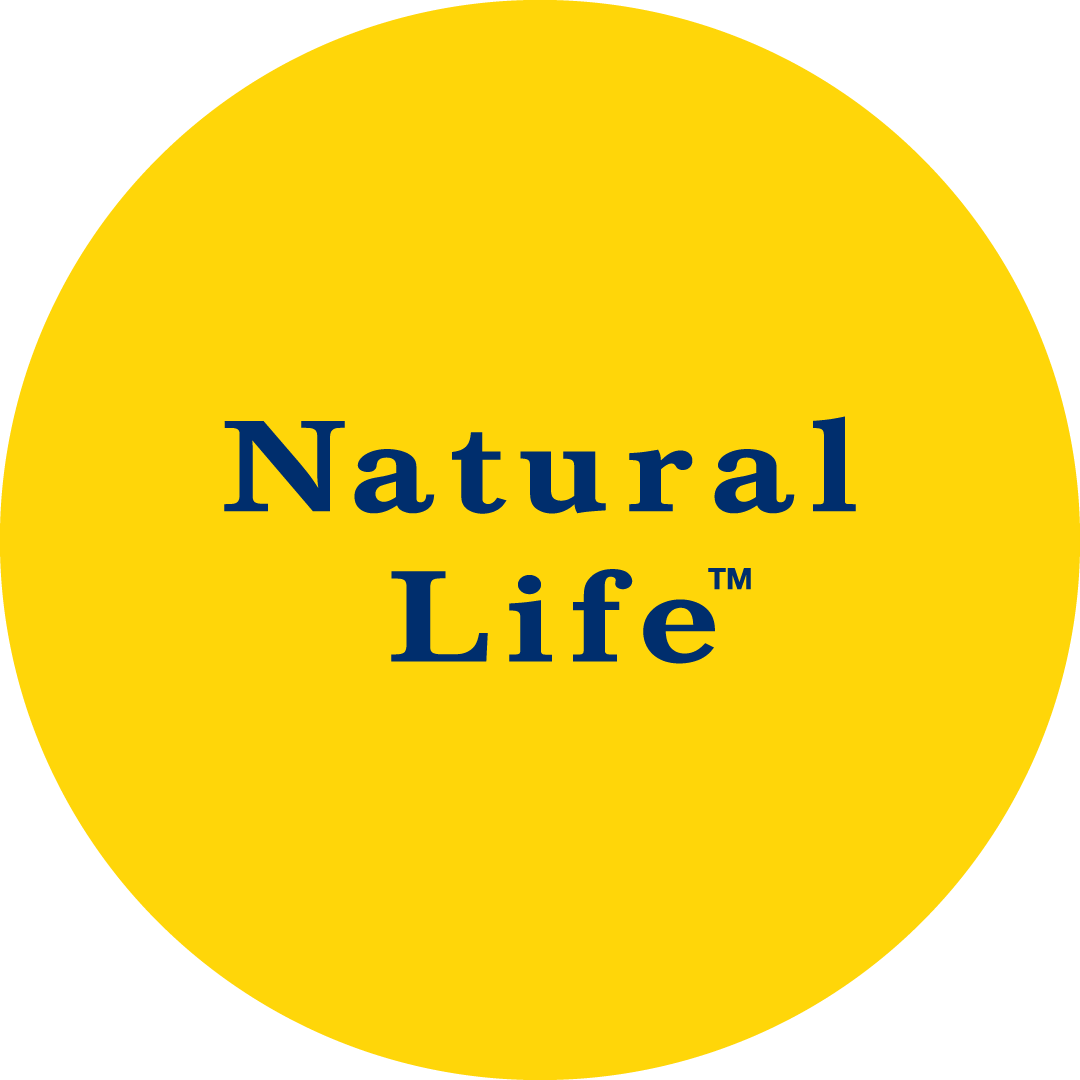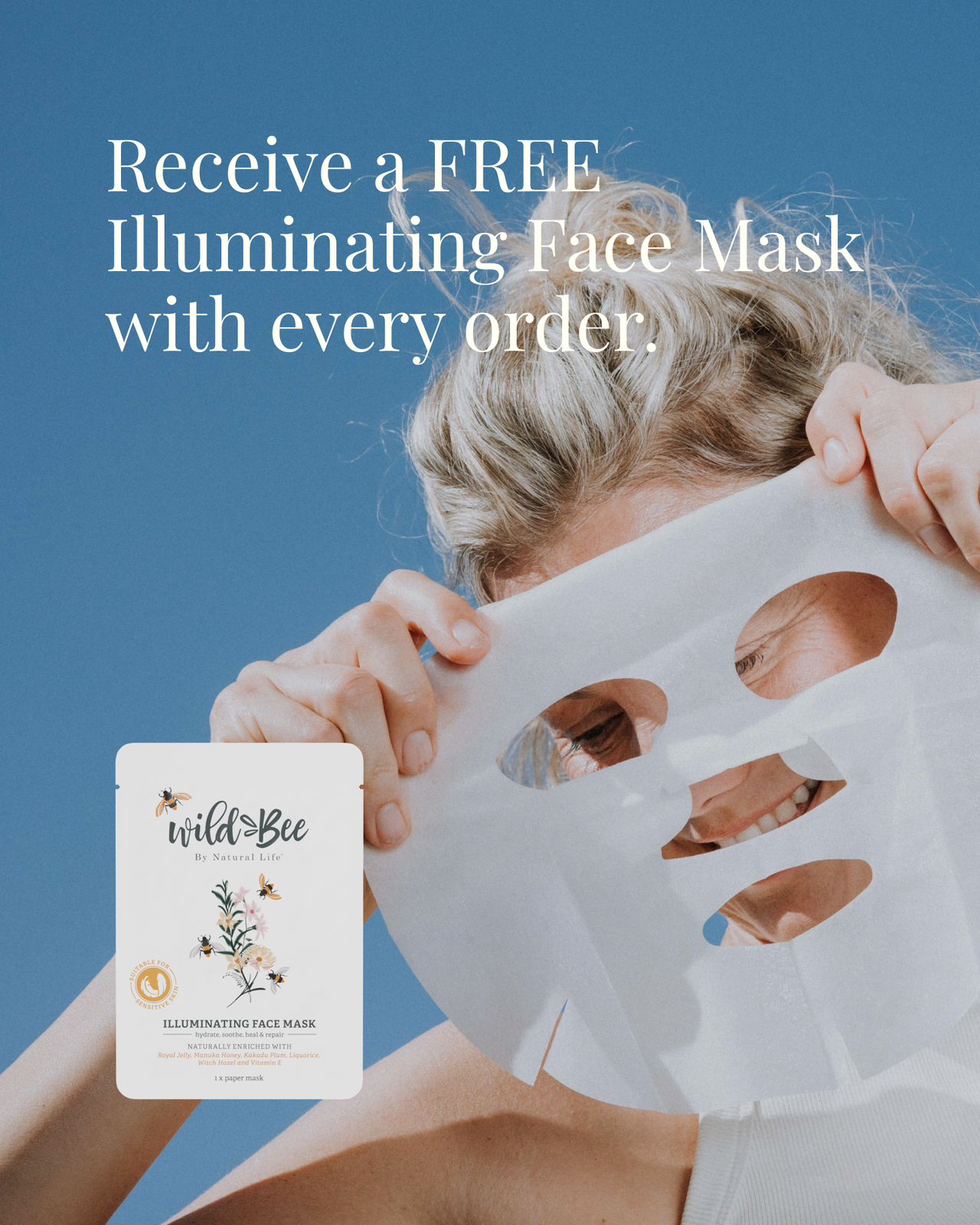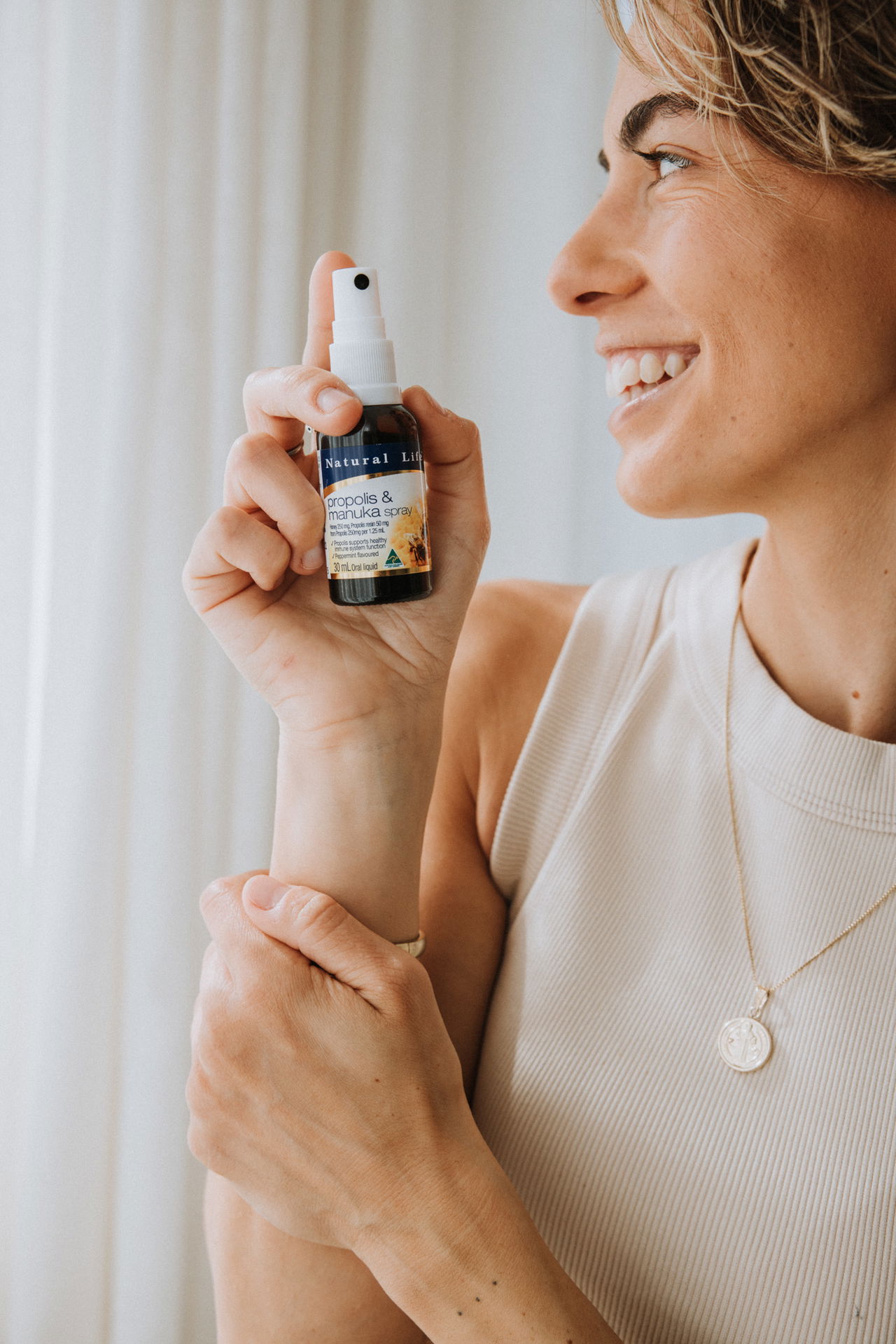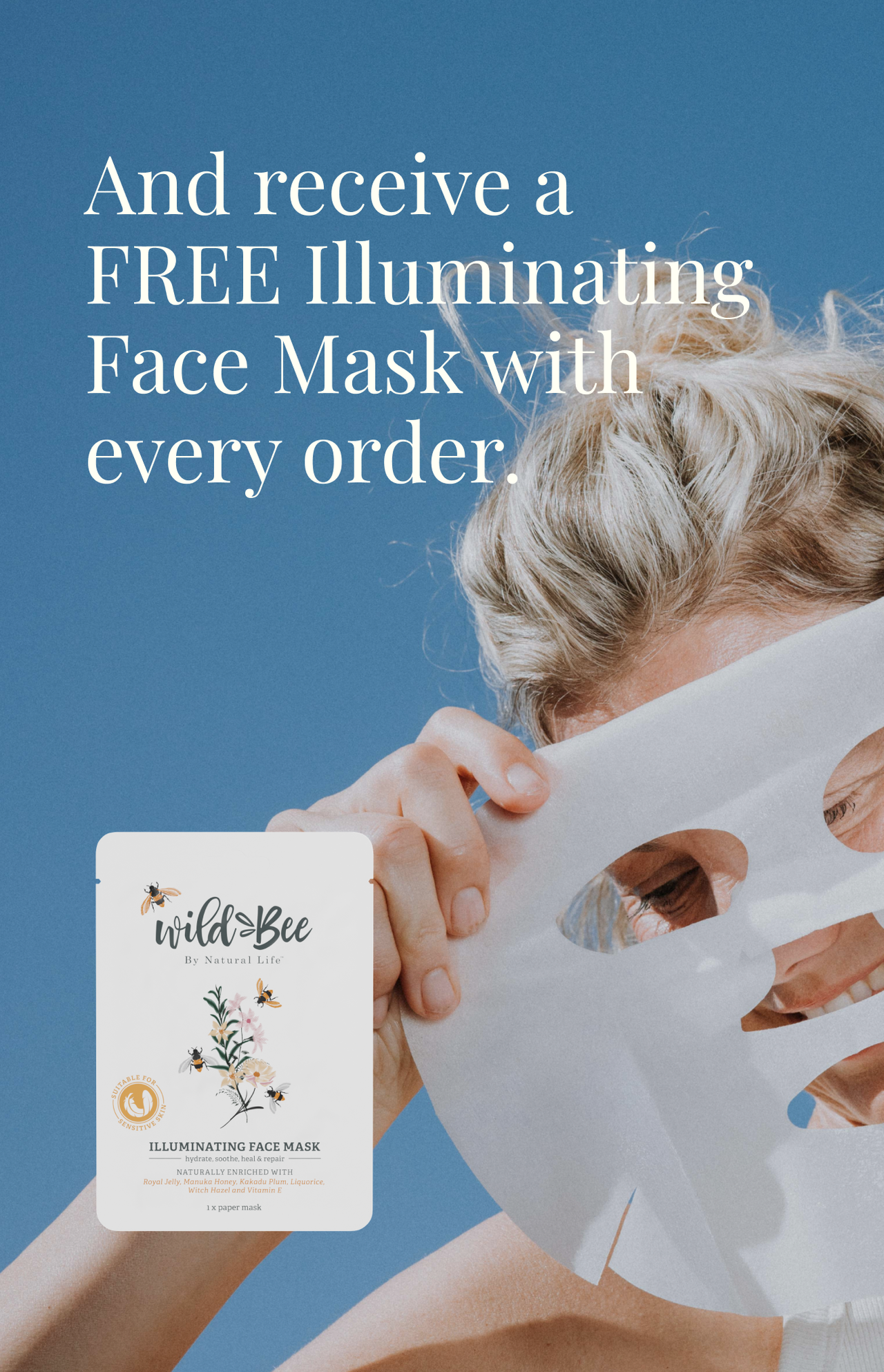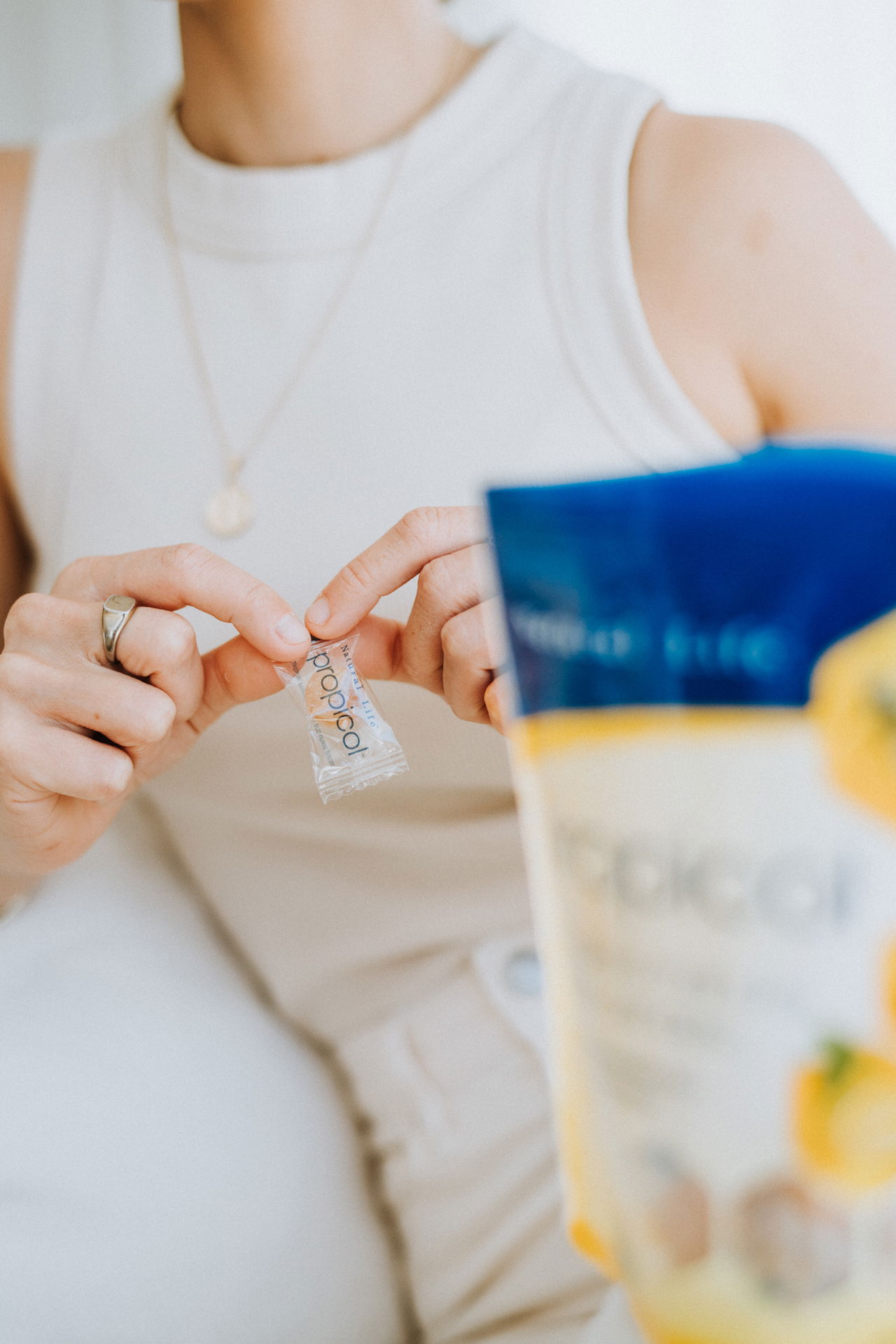Lemon Myrtle: Queen of the Lemon Herbs

Lemon Myrtle is a delicious smelling plant, native to subtropical Queensland. Its fresh lemon smell is so powerful it’s sometimes called ‘Queen of the Lemon Herbs.’ True to this name, lemon myrtle is beautiful, feminine, and powerful.
Beautiful
Lemon myrtle looks beautiful and smells beautiful, so it’s not surprising to see it used in women’s beauty products.
With dainty flowers that look like yellow fairy floss, the lemon myrtle plant is just so pretty. The fresh, clean lemon scent that fills the air when you pass a lemon myrtle plant is unmistakable. This makes lemon myrtle a favourite fragrance for natural skincare and cosmetics. These days, you can find lemon myrtle adding its beautiful scent to anything from soap and shampoo, to lip balms, moisturizers, skin cleansers and facial masks.
Feminine
Famously popular in women’s products, lemon myrtle has a light feminine quality and is especially good for women’s skin concerns.
The Australian aboriginals used lemon myrtle for wound healing and skin applications and now, we understand why lemon myrtle works so effectively on the skin. With antioxidant, antifungal and antibacterial properties lemon myrtle offers incredible skin healing and support – especially for women.
Lemon myrtle is proven to reduce acne. It helps reduce redness and inflammation at the skin surface too. Lemon myrtle is effective for reducing the size and appearance of large pores, which in turn, helps avoid or reduce blackheads.
These applications make lemon myrtle popular for younger skin, but lemon myrtle works magic in older skin too. It supports appearance and smoothness by assisting the natural shedding of dead and damaged skin at the surface, to reveal fresh, brighter skin beneath. Something every woman wants!
Powerful
With all these light, feminine qualities, Lemon Myrtle is still Queen of the Lemon Herbs; and she’s powerful too!
Here are some things about Lemon Myrtle that may surprise you:
- Lemon myrtle is famous for being more lemony than lemon!
- Its antiseptic and antibacterial properties are more powerful than both tea tree and eucalyptus oil.
- It citral content – the active ingredient – is higher than any other plant in the world.
- Lemon myrtle’s antimicrobial and antifungal activity is strong enough to show effectiveness against a hospital isolate of methicillin resistant Staphylococcus aureus (MRSA)
- Anecdotally, lemon myrtle has been used for anything from healing cuts and abrasions to easing sore throats, gum inflammation, stomach upsets and cramps.
- Scientifically, new studies are being conducted to explore the powerful antimicrobial and anti-inflammatory effects of lemon myrtle as a potential therapeutic for inflammatory illness as well as use as a natural food preservative.
At Wild Bee, we LOVE using pure Australian Lemon Myrtle in our natural skincare products. You can find it in:
Wild Bee Foaming facial cleanser
REFERENCES
Kim, K.Y., Jang, H.H., Lee, S.N. et al. Effects of the myrtle essential oil on the acne skin—clinical trials for Korean women. biomed dermatol 2, 28 (2018). https://doi.org/10.1186/s41702-018-0038-3
Lemon Myrtle Uses, Benefits & Dosage - Drugs.com Herbal Database. (2021). Retrieved 27 April 2021, from https://www.drugs.com/npp/lemon-myrtle.html
Lemon Myrtle | Australian Native Food and Botanicals. (2021). Retrieved 27 April 2021, from https://anfab.org.au/main.asp?_=Lemon%20Myrtle
Shim, S., Kim, J., Kho, K., & Lee, M. (2020). Anti-inflammatory and anti-oxidative activities of lemon myrtle (Backhousia citriodora) leaf extract. Toxicology Reports, 7, 277-281. doi: 10.1016/j.toxrep.2020.01.018
